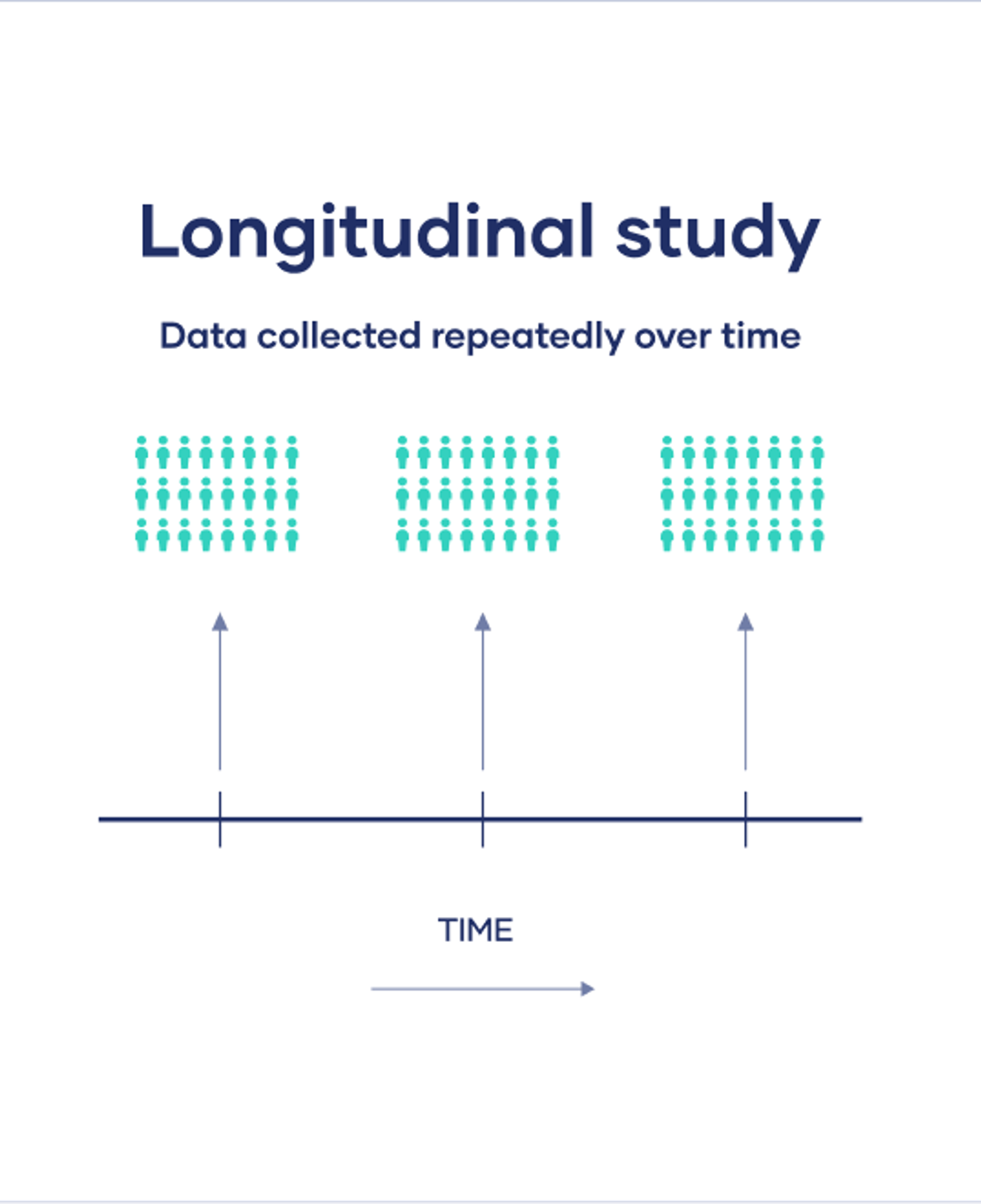$20 Bonus + 25% OFF CLAIM OFFER
Place Your Order With Us Today And Go Stress-Free
Hello everyone! I hope you all are having a good [morning/afternoon/evening]. Today, we are going to discuss an important topic which is the relationship of playing football and its duration to the dementia in life.
With an increasingly growing number of people aging, dementia, the loss of cognitive function can be an important Health concern.
Objective: Examining the link between the length of football games and the occurrence of dementia in later life.
Dependent Variable: Incidence and level of dementia in people throughout their old age.
Independent Variable: Duration of football game involvement (Asken and Rabinovici, 2021).
Purpose: Examining the possible brain effects of long-term involvement in football.
Research Motivation: Investigating the current knowledge gaps on the lasting benefits of football on cognitive well-being.
Public Health Implications: Providing knowledge for the development of policies and suggestions about sports participation to improve brain well-being.

Employing a longitudinal cohort method, this study examines the link between football game time and later-life dementia.
Random sample promises representativity, while a non-football-playing control group allows separating effects (LoBue et al., 2019).
Ethical worries stress participant wellbeing, and uniform dementia tests boost reliability.
Statistical regression methods promote association quantification, and diverse teamwork offers full results.
Long-term follow-up records cumulative effects, and results sharing encourages informed decision-making and general knowledge.
"What is the longitudinal association between the duration of playing football games and the development of dementia in later life, considering potential confounders, and how does this relationship compare to a non-football-playing control group?"
We aim to analyse the association of football playing hours and dementia risk. This will help us address the foreseen repercussions of long play hours proactively.
Null Hypothesis (H0): - There is no significant link between the time of playing football games and the development of dementia in later life.
Alternative Hypothesis (H1): - There is a significant positive association between longer football game time and a higher chance of dementia in later life, compared to a non-football-playing comparison group.
Additional Exploratory Hypothesis: - The link between football game time and dementia risk is reduced by factors such as age, genetic predisposition, or general physical health, changing the strength of the observed relationship.
Purpose: Assess link between football game time and dementia risk.
Rationale: Enables control for confusion, measures link strength (Sarstedt and Mooi, 2019).
Advantages: Provides advanced information, needed for long-term impact review.
Limitations: Assumes straight link, may not show complicated connections.

Selection Bias and Attrition: Longitudinal cohort studies are open to participant loss, possibly leading to skewed results if those lost to follow-up change regularly from those who stay.
Confounding Variables: Despite strict control methods, unmeasured or leftover factors may affect the reported link between football game time and dementia, affecting the internal validity of the study (Kemp et al., 2016).
Resource Intensiveness: Conducting a long-term follow-up requires sizable resources and time, raising the chance of practical issues, financial limits, and possible effects on the study's viability and finish.
However our model design might be challenged, and have bias will not change the fact that no research can cover everything.
Also Read - Nursing Assignment Help
Connection Confirmed: Regression analysis showed a strong link between increased football game time and later-life dementia.
Limitations Acknowledged: Despite strong design, numerous variables and biases may affect results.
Implications for Policy: Findings show the need for informed advice on sports participation to keep brain health.
Call for Further study: Longitudinal study with various groups are important to support and expand these results.
Asken, B.M. and Rabinovici, G.D., 2021. Professional Soccer and Dementia Risk—The Ugly Side of the Beautiful Game. JAMA neurology, 78(9), pp.1049-1051.
Kemp, S., Duff, A. and Hampson, N., 2016. The neurological, neuroimaging and neuropsychological effects of playing professional football: Results of the UK five-year follow-up study. Brain injury, 30(9), pp.1068-1074.
LoBue, C., Munro, C., Schaffert, J., Didehbani, N., Hart Jr, J., Batjer, H. and Cullum, C.M., 2019. Traumatic brain injury and risk of long-term brain changes, accumulation of pathological markers, and developing dementia: a review. Journal of Alzheimer's disease, 70(3), pp.629-654.
Sarstedt, M., Mooi, E., Sarstedt, M. and Mooi, E., 2019. Regression analysis. A concise guide to market research: The process, data, and methods using IBM SPSS Statistics, pp.209-256.
Are you confident that you will achieve the grade? Our best Expert will help you improve your grade
Order Now










